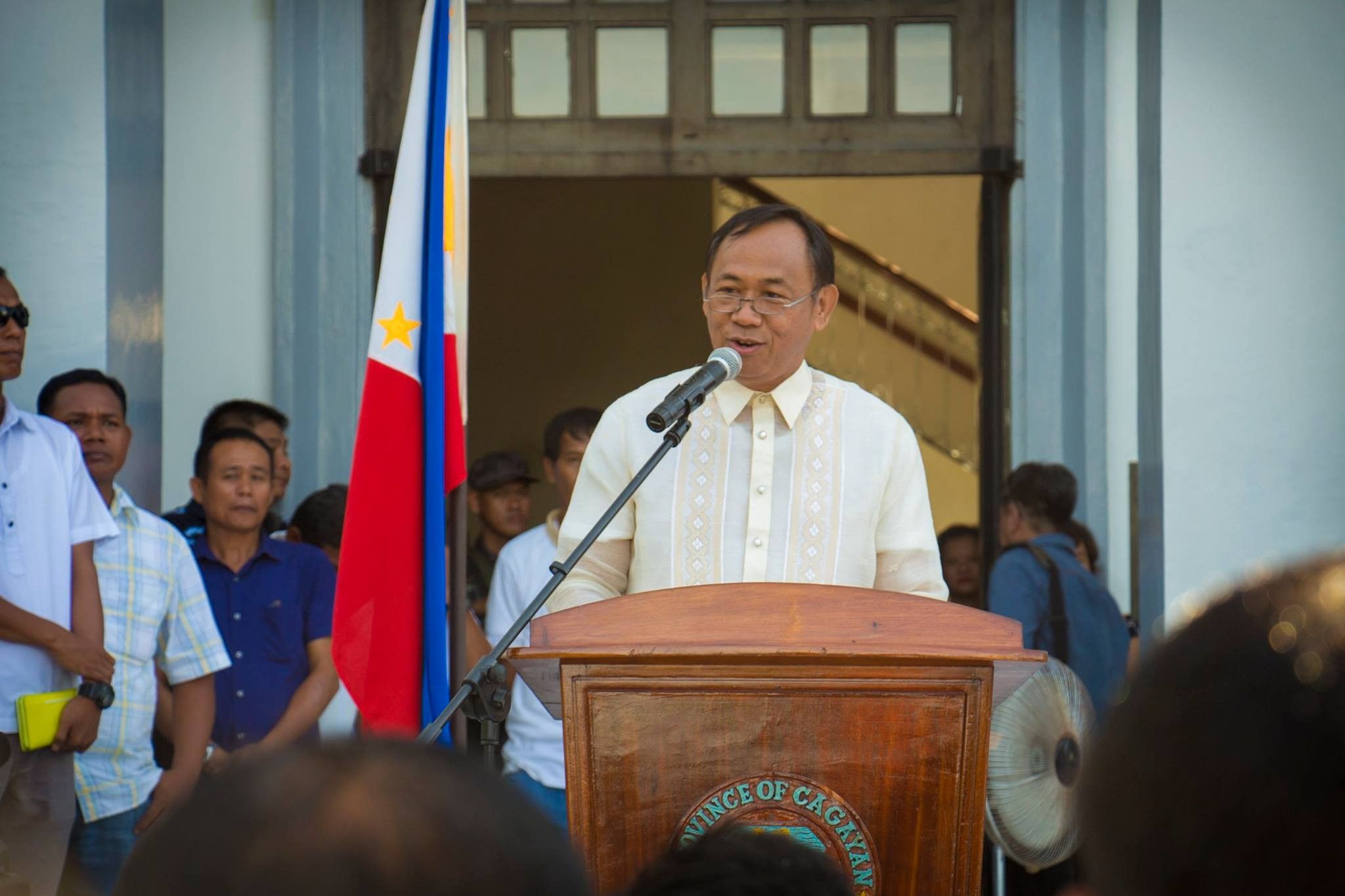Cagayan governor sorry for anti-Muslim remark at Senate hearing

MANILA, Philippines — The governor of Cagayan apologized Wednesday over his anti-Muslim remarks at a Senate hearing, where he insinuated that Muslims cause problems in peace and order.
Gov. Manuel Mamba’s office explained in a statement that what the local chief executive wanted to say was that no Muslim residing in Cagayan held extremist beliefs.
Mamba said in Filipino during a Senate probe on Wednesday, that “there are no Muslims in Cagayan which is why the peace and order situation in the province is good.”
“It was not intentional and Gov. Mamba simply did not emphasize enough that what he was pertaining to is the absence of extremists in Cagayan, which is why investors have nothing to fear,” his office said in Filipino.
His office also stressed that Mamba recognizes and respects the beliefs of Muslims, even adding that he even gave jobs to Muslims when he began serving as governor.
Despite the apology coming from Mamba's office, Rep. Mujiv Hataman (Basilan) said Mamba himself should explain his comments.
"I feel that an explanation must come from him directly in order to clarify his comments, which may be construed as an affront to Muslims everywhere. It sets us back a long way in our struggle to root out discrimination that is deeply rooted in our culture," Hataman said.
Mamba last month also apologized for saying that teachers were being paid for "doing nothing" because of the COVID-19 pandemic's disruption of the school year.
"I think they're enjoying this because they get paid even without doing anything," he said in Filipino on October 3. "They should no longer complain because I think there is a law that says during work-from-home there could be pay cuts as we save a lot."
After reaping criticism for his remarks, Mamba said: "If you misunderstood me, I'm sorry."
Dangers of anti-Muslim prejudice
Four Moro lawyers have trooped to the Supreme Court to assail the Anti-Terrorism Act, citing the dangers posed by the much-contested law at their communities.
Lawyers Algamar Latiph, Batuas Lucman, Musa Malayang and Dalomilang Parahiman said in their petition to strike down the law that Muslims are at a bigger risk of violations due to historical and contemporary prejudice against them.
One example that they cited was an incident in 2013 when then-Interior Secretary Mar Roxas uttered the phrase “Muslim na mananakop (Muslim invaders)” in reference to the siege of Zamboanga City by a faction of the Moro National Liberation Front associated with its founding chairman Nur Misuari.
They also cited dozens of cases of mistaken identity involving Moros, highlighting how the law — where a suspected terrorist can be detained without charges for 24 days — could potentially imperil Muslims. — Xave Gregorio with a report from Kristine Joy Patag
- Latest
- Trending
































